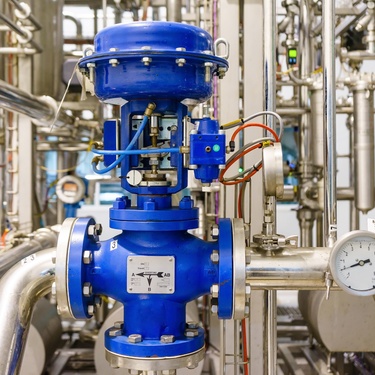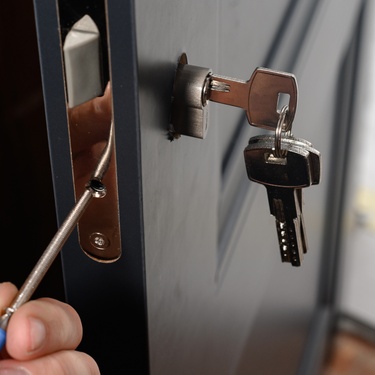
Selecting the correct valve for an industrial system is more than just picking a piece of hardware. It directly affects efficiency, safety, and long-term performance. With so many types, materials, and configurations available, choosing the correct valve can feel anything but easy. By focusing on application, power source, materials, and function, you can make an informed decision that keeps your system running smoothly. Let’s delve into these tips for choosing the right valve for your application.
Know Your Options
Before making a selection, it’s important to understand the range of valves available and how each type is designed to perform. Common options include:
- Ball valves: Provide fast on/off operation and tight sealing, making them ideal for high-pressure applications.
- Gate valves: Are ideal for full-flow systems but are less effective for throttling or precise flow control.
- Globe valves: Excel at regulating flow and provide fine adjustments in systems where precision is key.
- Check valves: Prevent backflow, protecting pumps and other critical equipment from damage
Understanding these options early allows you to match a valve to your system’s needs more accurately. Consider not just the type of valve but also its size, pressure rating, and compatibility with your system’s fluids.
Pro Tip
Some industries also need specialty valves that can accommodate their unique circumstance. Often, these manufacturers work closely with customers to create components tailored to their needs.
Evaluate Power Source
Once you understand your options, you’ll want to consider the power needed for the component to work. Most valves are either manual or automated, and both have varying benefits. Manual valves are simple, cost-effective, and ideal for smaller systems or applications where frequent adjustments aren’t required.
Automated valves, whether electric, pneumatic, or hydraulic, allow for remote operation and precise control. They are instrumental in large industrial facilities, where operators need to manage complex systems efficiently and safely. Automated valves can integrate with monitoring and control systems, providing real-time feedback and reducing the risk of human error.
Inspect Materials
Another tip for choosing the right valve for your applications is to look at the material. Each option best handles specific pressures, temperatures, and environmental conditions, which we’ve detailed below.
- Stainless steel valves: Offer excellent corrosion resistance and are ideal for chemical or high-moisture environments.
- Carbon steel valves: Provide strength and durability for high-pressure systems, while brass valves work well in moderate applications.
- PVC valves: Are lightweight, corrosion-resistant, and suitable for low-pressure water systems.
Choosing the right valve is a critical decision that impacts the efficiency, safety, and longevity of your system. By understanding your options, evaluating the power source, and inspecting the materials, you can make a confident selection that meets your operational needs. Taking the time to assess these factors ensures your system runs smoothly, minimizes downtime, and reduces maintenance costs.
Bio: Casey is a passionate copyeditor highly motivated to provide compelling SEO content in the digital marketing space. Her expertise includes a vast range of industries from highly technical, consumer, and lifestyle-based, with an emphasis on attention to detail and readability.

























